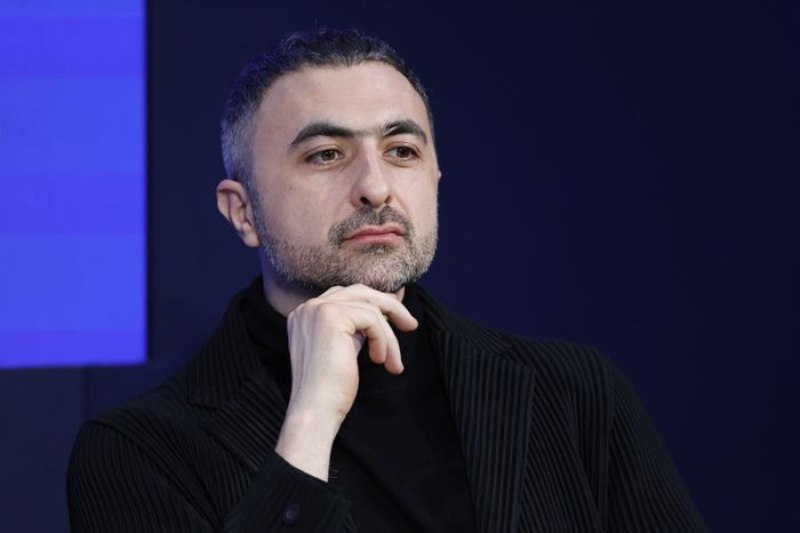Mustafa Suleyman, the CEO of artificial intelligence start-up Inflection and co-founder of Google’s DeepMind, has been appointed by Microsoft to lead a new consumer AI division.
The business said on Tuesday that Suleyman, a British businessman who co-founded DeepMind in London in 2010, will answer to Microsoft CEO Satya Nadella. He will introduce Microsoft’s Copilot, Bing, Edge, and GenAI products, among other consumer-facing offerings, under a single team named Microsoft AI.
This is Microsoft’s most recent attempt to profit on the explosion of generative AI. It has made a $13 billion investment in OpenAI, the company behind ChatGPT, and has quickly incorporated its technology into Microsoft goods.
Due to its investment in OpenAI, Microsoft has a significant advantage over its main adversary, Google, in the Silicon Valley AI deployment race. Additionally, it has made investments in other AI start-ups, such as the French company Mistral.
It has been integrating AI assistance into its Windows, Office, and cyber security tool products. Suleyman’s section will concentrate on initiatives including incorporating an AI version of Copilot into its Windows operating system and expanding the usage of generative AI in its Bing search engine.
In a statement released on Tuesday, Nadella stated, “I’ve known Mustafa for several years and have greatly admired him as a founder of both DeepMind and Inflection, and as a visionary, product maker and builder of pioneering teams that go after bold missions.”
One of the first significant bets made by a major tech giant on a start-up AI lab, DeepMind was acquired by Google in 2014 for a reported $500 million. A few years later, the company was embroiled in controversy over a number of its projects, including one for the UK healthcare system, for which a government investigation discovered that the contractor had been given unauthorized access to patient details.
In 2019, Suleyman, the company’s primary public face, was put on leave. Employees at DeepMind had voiced concerns about his too assertive managerial style. In response to concerns from the staff at the time, Suleyman replied, “: “I really screwed up. I was very demanding and pretty relentless.”
A few months later, he moved to Google, where he oversaw AI product management. He started Inflection later that year after joining the Silicon Valley venture capital firm Greylock in 2022.
The majority of Inflection’s employees, including Karén Simonyan, co-founder and chief scientist of Inflection, who will lead the AI group, will also be hired by Microsoft. Microsoft stated that while it was unclear how many workers were leaving, those leaving included big language model builders, researchers, and AI engineers who have created and co-authored “many of the most important contributions in advancing AI over the last five years.”
According to a statement on its website, Inflection, a competitor of OpenAI, will shift its emphasis from selling commercial AI software to enterprises to its consumer chatbot, Pi. Sean White, a veteran of several technological positions, has joined as its new CEO.
Reid Hoffman, the creator and executive chair of LinkedIn and the third co-founder of Inflection, will continue to serve on the board of the company. Amidst a surge in interest in the AI space, Inflection raised $1.3 billion in June, valuing the company at over $4 billion. This was one of the largest fundraisings ever for an AI start-up.
The new division represents a significant organizational change for Microsoft. The company’s president of online services, Mikhail Parakhin, will relocate and report to Suleyman along with his whole staff.
“We have a real shot to build technology that was once thought impossible and that lives up to our mission to ensure the benefits of AI reach every person and organisation on the planet, safely and responsibly,” Nadella stated.
As part of a larger investigation into AI investments, competition authorities in the US and Europe have been closely examining Microsoft’s partnership with OpenAI.
